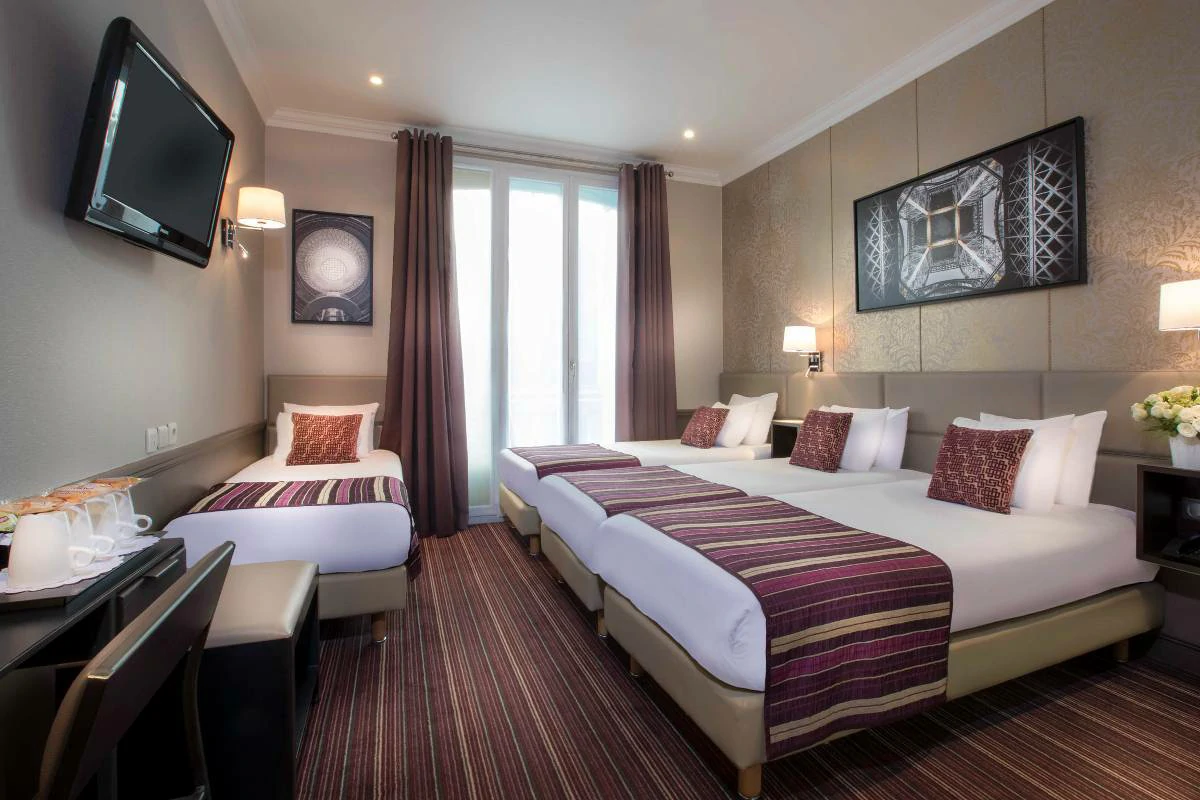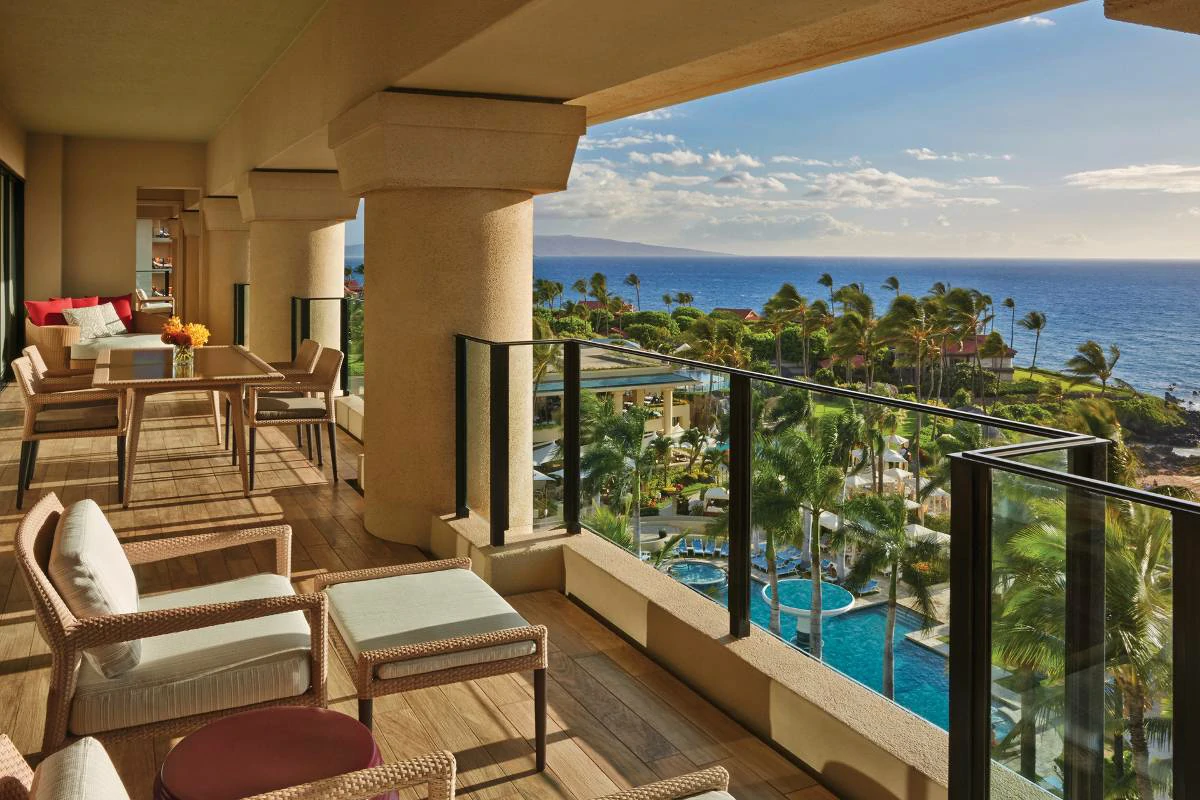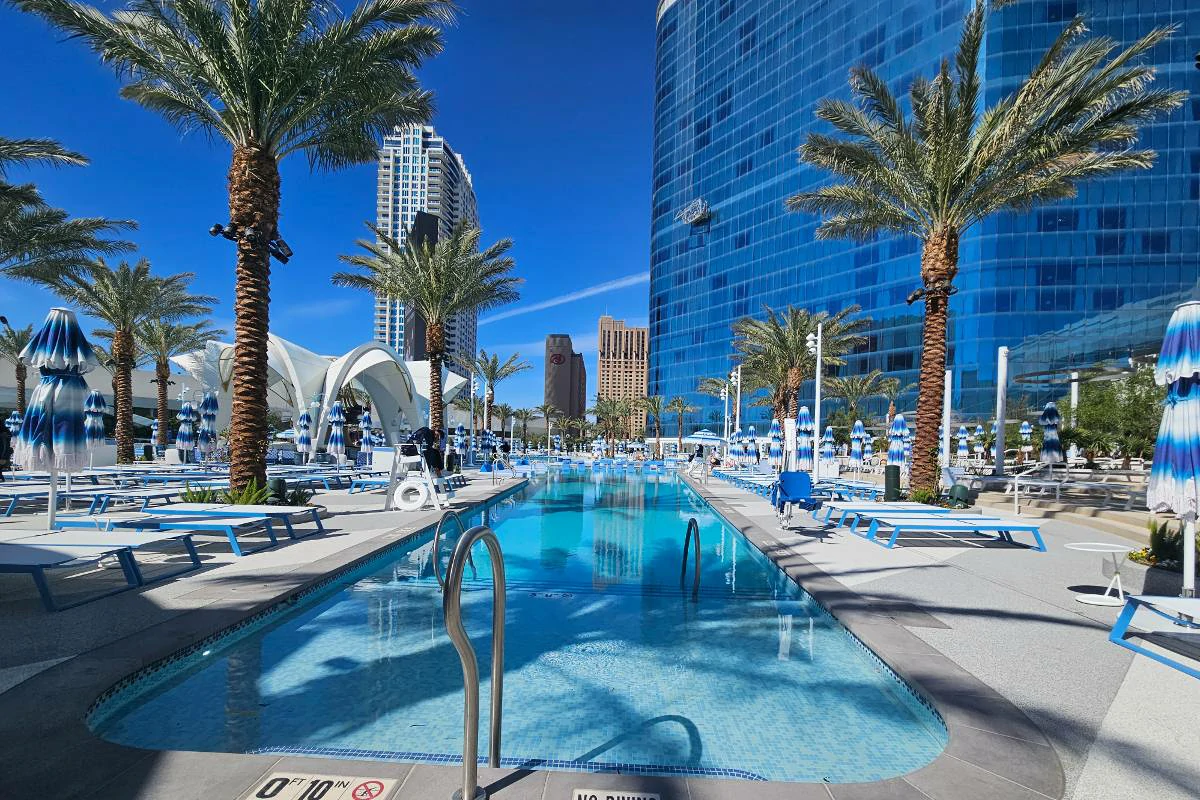How much does a hotel cost in Japan? Answer is – The cost of a hotel in Japan varies greatly depending on factors like the type of accommodation, location, season, amenities, and length of stay. Budget-friendly options like capsule hotels and hostels can start around $20-$35 per night. Business hotels offer more comfort and range from $50-$100 per night. Mid-range hotels fall within the $100-$200 per night range, while luxury hotels and traditional ryokans can easily cost upwards of $200 per night.
Summary
- Hotel prices in Japan are influenced by several factors, including type of accommodation, city, tourist season, and amenities offered.
- Japan offers a diverse range of hotels, from budget-friendly capsule hotels to luxurious ryokans.
- Travelers can find affordable options by considering hostels, business hotels, and stays outside major city centers.
- It’s essential to book in advance, especially during peak seasons, to secure the best prices and availability.
How Much Does a Hotel Cost in Japan

Japan, a land of vibrant contrasts and a unique blend of ancient traditions with cutting-edge modernity, attracts travelers from all corners of the globe. While the experience of Japan is priceless, accommodations play a significant role in your trip’s budget.
Understanding the factors that determine hotel costs in Japan is essential to make informed decisions for a comfortable and financially savvy stay.
Overview of hotel costs in Japan
Japan offers a remarkably diverse range of accommodations catering to every budget and travel style.
While it’s possible to find incredibly affordable capsule hotels or hostels, the country also boasts some of the world’s most luxurious hotels and traditional ryokan inns.
Factors influencing hotel prices
Several key factors influence the price of a hotel in Japan. These include:
Location: Unsurprisingly, hotels located within major cities like Tokyo, Kyoto, and Osaka tend to be the most expensive. Rates in city centers are further elevated compared to those on the outskirts. Seeking accommodations in smaller cities or towns can lead to significant savings.
Yoko Tanaka Expert Opinion: “Location is paramount when it comes to hotel costs in Japan. Even within a city like Tokyo, a short train ride from bustling Shinjuku to a quieter neighborhood can make a substantial difference in price,” says Yoko Tanaka, a seasoned travel consultant based in Osaka.
Seasonality: Japan experiences distinct seasons, each attracting tourists with unique offerings. Peak seasons like sakura (cherry blossom viewing) in spring and koyo (autumn foliage) see hotel prices surge due to high demand. Opting for off-season or shoulder season travel can result in lower accommodation costs.
Type of Accommodation: Japan offers a spectrum of accommodation styles. Budget-conscious travelers can find wallet-friendly stays in capsule hotels and hostels. Business hotels are a step up, providing comfort and convenience, while mid-range hotels offer more spacious rooms and amenities. On the higher end, you’ll find luxury hotels with world-class service and traditional ryokans that promise a uniquely Japanese cultural immersion.
Hiroki Sato Expert Tip: “For an authentic Japanese experience without breaking the bank, consider staying at a minshuku – a smaller, family-run style of ryokan with a more affordable price tag,” suggests Hiroki Sato, a Tokyo-based travel blogger.
Amenities and Services: Many hotels in Japan boast amenities such as onsen (natural hot spring baths), restaurants, and room service. The level of luxury and the range of additional services offered impact the nightly rates.
Types of Accommodation in Japan

Japan understands the needs of diverse travelers and caters to a wide range of budgets with its unique and varied accommodations.
Whether you’re a backpacker seeking adventure, a business traveler focused on convenience, or a family looking for a mix of culture and comfort, Japan has a place for you to rest your head.
1. Budget-Friendly Options
For those prioritizing affordability without sacrificing a good night’s sleep, here are the top budget-conscious choices in Japan:
Capsule Hotels
A quintessential Japanese experience, capsule hotels offer compact, futuristic sleeping pods stacked within a shared space.
While not for the claustrophobic, they provide a clean, safe, and incredibly affordable place to crash. Expect basic amenities like Wi-Fi, lockers, and sometimes shared bathing facilities.
Traveler’s Note: Capsule hotels are often separated by gender. Some modern ones even offer women-only floors for added security.
Example: Check out the Nine Hours chain of capsule hotels with locations across Japan
Hostels
If you crave a social atmosphere and the chance to meet like-minded travelers, hostels are an excellent option.
Dorm-style rooms with bunk beds are the standard (along with private rooms in some hostels), with shared kitchens, common areas, and often organized events.
Traveler’s Note: Hostels in Japan are known for being clean, well-maintained, and offering a blend of traditional Japanese elements with modern designs.
Example: Explore the popular Khaosan hostel chain known for their fun atmosphere and multiple locations.
Business Hotels
Geared towards, but not limited to, business travelers, these no-frills hotels offer surprisingly comfortable and functional accommodations at reasonable prices.
Rooms are typically small but efficiently designed and include private bathrooms, desks, and essential amenities. Expect to find them in abundance near train stations and business districts.
Mari Yoshida Expert Opinion: “Business hotels are my go-to for solo trips to Japan. They’re clean, reliable, and I always know what I’m getting, leaving more of my budget for exploring,” comments Mari Yoshida, a frequent business traveler to Japan.
Guest Houses
Guest houses provide a more intimate and home-like alternative to hotels. They often occupy converted traditional Japanese houses offering both private and shared rooms, with shared kitchen and living spaces. Guest houses allow for a chance to interact with locals or fellow travelers in a cozy setting.
2. Mid-Range Hotels

For travelers seeking a blend of comfort, amenities, and reasonable prices, mid-range hotels in Japan offer a fantastic sweet spot. Here’s what you can expect:
Modern Hotels
These hotels typically belong to well-known domestic or international chains and boast a polished, contemporary style.
Rooms are more spacious than business hotels, often featuring larger beds, comfortable seating areas, and sometimes city views.
Amenities may include on-site restaurants, fitness centers, and in-room conveniences.
Boutique Hotels
A growing trend in Japan, boutique hotels infuse personality and unique design elements into their spaces.
They offer a curated experience, with décor often reflecting local art, craftsmanship, or a particular theme.
Expect comfortable rooms, personalized service, and a focus on creating a memorable stay.
3. Luxury Experiences
When only the finest will do, Japan delivers with these exceptional accommodation options:
High-End Hotels
These international and domestic luxury hotels embody world-class service and attention to detail.
Rooms are impeccably designed and spacious, featuring high-quality linens, luxurious bathrooms, and often stunning views.
Expect top-notch amenities like spas, Michelin-starred restaurants, well-equipped gyms, and personalized concierge services.
Takeshi Nakamura Expert Tip: “For the ultimate pampering, look for hotels with ‘club floors’ offering exclusive lounges, complimentary food and drinks, and extra levels of personalized service,” advises Takeshi Nakamura, a luxury travel consultant specializing in Japan.
Traditional Ryokans (Japanese inns)
Ryokans offer the quintessential immersion into Japanese culture and hospitality. These inns typically feature tatami mat floors, futon bedding, sliding paper doors, and exquisite Japanese gardens.
Many include onsen (hot spring baths), either private or communal. Ryokan stays often include elaborate multi-course kaiseki dinners showcasing the best of seasonal Japanese cuisine, served in beautiful dining rooms or the privacy of your own room.
Ayako Watanabe Expert Opinion: “A ryokan stay is a must-do for any traveler wanting to experience the heart of Japanese omotenashi (hospitality). It’s a way to connect with a more traditional side of the country,” says Ayako Watanabe, cultural tour guide in Kyoto.
Factors Affecting Hotel Prices in Japan

1. Location
Tokyo vs. smaller cities
As the bustling economic and cultural heart of Japan, Tokyo commands some of the highest hotel prices in the country.
Staying directly in central Tokyo neighborhoods like Shibuya, Ginza, or Shinjuku will naturally come with a premium.
Consider exploring slightly further out in quieter areas with excellent public transportation links to save on accommodation while still having easy access to the heart of the action.
Smaller Cities and Towns
Venturing outside of major urban centers often leads to significantly more affordable hotel options.
Charming cities like Kyoto, Osaka, Nara, and countless smaller towns boast diverse accommodation choices at competitive prices.
Opting for lesser-known destinations can make a world of difference for your budget.
Keiko Yamamoto Expert Opinion: “Don’t overlook Japan’s hidden gems! Smaller cities and rural areas offer fantastic stays, unique cultural experiences, and incredible value for money,” encourages Keiko Yamamoto, a travel blogger focused on off-the-beaten-path Japan.
Popular tourist destinations
Destinations known for specific attractions or natural beauty tend to experience fluctuations in hotel prices based on demand.
Prime examples include picturesque onsen (hot spring) towns, ski resorts during winter months, and renowned historical sites like Mount Fuji or the ancient temples of Kyoto.
2. Seasonality
Peak Seasons
Japan’s two most popular tourist seasons—sakura (cherry blossom) in spring and koyo (autumn foliage)—witness price surges across most accommodations.
The sheer beauty of these natural spectacles draws in massive numbers of both domestic and international tourists.
Hotels, especially those with scenic views, sell out quickly during these peak times.
Off-Season and Shoulder Season
Japan is delightful year-round, and traveling outside of peak seasons grants numerous benefits, including lower hotel rates.
The summer months (June-August) tend to be hot and humid in many parts of Japan, while winters can be surprisingly affordable if you don’t mind bundling up.
Shoulder seasons (the periods between peak and off-seasons) present a great balance of pleasant weather and more wallet-friendly hotel prices.
3. Amenities and Services
Western-style vs. Traditional Japanese
While numerous hotels in Japan provide Western-style rooms with beds, many offer the option of traditional Japanese rooms.
These feature tatami-mat flooring, futon bedding, and elements like shoji (paper sliding doors).
A stay with these authentic Japanese features may incur a slightly higher cost, especially in mid-range and luxury hotels or traditional ryokan inns.
Onsen (hot springs)
Japan is renowned for its abundance of natural hot springs and the bathing culture surrounding them. Many hotels and ryokans boast on-site onsen facilities, either communal or private.
Hotels with onsen access, particularly those with scenic outdoor baths or private in-room onsen, will command a higher price tag, but contribute significantly to an unforgettable Japanese experience.
Yoshi Tanaka Expert Opinion: “Soaking in an onsen after a day of exploring is incredibly relaxing. If it’s high on your Japan wish list, factor that into your accommodation budget,” advises Yoshi Tanaka, an avid onsen enthusiast and travel writer based in Hokkaido.
Room size and views
Quite logically, larger rooms and those featuring desirable views will cost more. City hotels with panoramic views of skylines, mountains, or famous landmarks naturally have higher room rates.
However, you can often find smaller rooms in less central locations that sacrifice the view but still offer a clean and comfortable stay.
Tips for Finding Affordable Hotels in Japan

1. Book in Advance
This holds especially true during peak seasons and when staying in popular cities. Proactive planning and early booking will give you access to a wider range of options and better rates.
Many hotels offer early-bird discounts or non-refundable rates for substantial savings.
2. Consider Less Popular Locations
Venturing away from the heart of major tourist destinations opens up a world of budget-friendly possibilities. Research smaller cities within the same region or neighborhoods slightly outside the city center.
Japan’s excellent public transportation makes staying a bit further away a viable option while still offering easy access to attractions.
3. Travel During the Off-Season
If crowds and peak season prices make you wince, opt for the understated charm of off-season or shoulder season travel.
Spring (outside of cherry blossom season), summer, and winter offer less congested attractions, cheaper flights, and more readily available (and affordable) hotel rooms.
Naomi Yoshida Expert Tip: “Don’t dismiss winter travel to Japan! While Hokkaido is famed for skiing, many regions in central Japan see less snowfall but offer incredible experiences at far lower prices. It’s a great time to cozy up in a ryokan and enjoy onsen with less crowds,” suggests Naomi Yoshida, a travel photographer who often seeks out unique stays in Japan.
4. Opt for Smaller Chains or Independent Hotels
While large international hotel chains offer a certain level of familiarity and consistency, don’t overlook smaller domestic chains or independent hotels.
You just might uncover hidden gems with local flavor and personalized service that won’t break the bank.
Examples of smaller hotel chains worth exploring include Dormy Inn, known for its onsen, and the UNIZO chain.
5. Utilize Comparison Websites and Booking Platforms
Take advantage of the power of technology to compare prices and find deals. Here are reliable resources to start with:
- Booking.com: An extensive platform with a vast selection of hotels across all price ranges and frequent special offers.
- Agoda: Particularly strong for hotel listings in Asia, often features competitive rates.
- Jalan and Rakuten Travel: These popular Japanese booking sites sometimes offer exclusive deals or promotions, but listings are primarily in Japanese.
Hotel Recommendations

1. Budget
Khaosan World Asakusa Hostel
This popular and well-maintained chain has several locations in Tokyo, including a favorite in the vibrant Asakusa district.
Khaosan offers both lively dorm rooms and private rooms, along with shared kitchen facilities, common areas, and a social atmosphere that’s perfect for meeting fellow travelers.
Location Advantage: Ideal for exploring historic Asakusa with Senso-ji Temple right on your doorstep, plus easy access to other central Tokyo locations.
APA Hotels
This extensive chain of no-frills business hotels is ubiquitous throughout Japan. While rooms are small, they’re always clean, functional, and incredibly well-located near train stations.
Perks sometimes include in-room amenities like pyjamas, and occasionally on-site onsen or large public baths.
Budget Traveler Favorite: APA hotels embody efficiency, making them a great option when all you need is a comfortable place to sleep and store your luggage while you explore.
Toyoko Inn
Another top contender in the business hotel category, Toyoko Inn provides a consistent and reliable experience across its numerous locations. Rooms are slightly larger than those of some competitors and often include complimentary breakfast. Their membership program also offers simple perks.
Ryota Suzuki Expert Tip: “Toyoko Inn’s membership is free to join and gives you a small discount on bookings. If you’re staying at several of their hotels, it adds up,” comments Ryota Suzuki, a Tokyo-based salaryman who frequently uses Toyoko Inn for his business travels.
2. Mid-Range
Hotel Gracery Shinjuku
Strategically located right in the heart of Shinjuku, this popular hotel boasts modern rooms with city views (request a high floor!).
Its iconic Godzilla head peering over the balcony makes it even more memorable. You’ll find restaurants, shops, and Shinjuku Station at your doorstep.
Mid-Range Plus: Gracery Shinjuku’s prime location puts it at the higher end of the mid-range spectrum but often has reasonable deals.
Mitsui Garden Hotels
This reliable chain offers stylish hotels in numerous locations across Japan. Rooms are well-designed, often featuring warm tones, comfortable beds, and functional work areas.
Some Mitsui Garden hotels boast rooftop onsen with scenic views, and many include inviting lobby areas and restaurants.
Dormy Inn
A unique player in the mid-range market, Dormy Inn stands out by prioritizing onsen facilities. Almost all their hotels feature communal indoor and sometimes outdoor onsen baths.
Rooms are functional and comfortable, while a highlight is their complimentary late-night ramen noodle service – a fun perk after a relaxing soak!
Hiro Tanaka Expert Opinion: “For a blend of comfort and a Japanese onsen experience at a good value, Dormy Inn is my go-to recommendation,” says Hiro Tanaka, a travel blogger specializing in onsen towns across Japan.
3. Luxury
The Ritz-Carlton Tokyo
Occupying the top floors of Midtown Tower in the vibrant Roppongi district, the Ritz-Carlton Tokyo exemplifies elegance.
Rooms are spacious and sumptuously appointed, featuring stunning city views. Amenities include a luxurious spa, indoor pool, acclaimed restaurants, and the renowned Club Lounge with exclusive services and culinary presentations.
Unparalleled Views: For a truly breathtaking experience, request a room with Mount Fuji views on a clear day.
Hoshinoya Kyoto
Nestled along the picturesque Oi River in the Arashiyama district of Kyoto, this serene ryokan is where traditional Japanese design meets modern luxury.
Each room is a private villa accessed via a boat ride, offering tranquility and seclusion. Exquisite multi-course kaiseki dinners showcasing seasonal Kyoto cuisine are a highlight.
The Ultimate Kyoto Retreat: Hoshinoya Kyoto is for those seeking a tranquil escape into nature without sacrificing luxurious comforts.
Amanemu
Located within the Ise-Shima National Park renowned for its pristine coastline and the sacred Ise Grand Shrine, Amanemu is an ode to tranquility.
Inspired by traditional Japanese inns, the minimalist design blends seamlessly with the natural surroundings. Suites are spacious with private onsen baths, many overlooking Ago Bay.
Yumi Sato Expert Opinion: “Amanemu is the perfect place to unwind and experience the refined side of Japan’s wellness culture. Their onsen, cuisine, and focus on guest experience are exquisite,” says Yumi Sato, a luxury travel consultant based in Osaka.
Conclusion
Japan understands the importance of accommodation catering to every traveler. From the futuristic to the traditional, the budget-conscious to the extravagant, the country offers a place for everyone to rest comfortably. Here’s a recap of the key takeaways to remember when planning your trip:
- Factors matter: The cost of your accommodation is influenced by location, seasonality, type of hotel, amenities, and the level of luxury you desire.
- Advance Planning is Key: Book hotels well in advance, especially for peak seasons and popular destinations, to ensure the best possible rates and room availability.
- Embrace the Variety: Japan offers an incredible spectrum of choices. Business hotels provide simplicity, hostels foster a social atmosphere, mid-range options strike a balance, and ryokans embody cultural immersion.
- Think outside the box: Smaller cities, less popular neighborhoods, and off-season travel can lead to fantastic bargains with the same great Japanese hospitality.
Choosing the right hotel will significantly enhance your overall Japan experience. A bit of research and understanding your own travel priorities will help you find your perfect place to unwind after a day of exploration and adventure.
FAQs
Q: Do I need to speak Japanese to book a hotel in Japan?
While knowing some basic Japanese phrases is always helpful, it’s not essential. Most hotels in major tourist areas have English-speaking staff. Additionally, online booking platforms offer websites and customer support in various languages.
Q: Are Japanese hotels safe?
Japan boasts one of the lowest crime rates globally, and hotels are generally incredibly safe. Taking standard precautions as you would in any destination and opting for reputable hotels ensures peace of mind.
Q: Is it customary to tip in hotels in Japan?
Tipping is not expected or customary in Japanese culture. Excellent service is a point of pride. While expressing your thanks verbally is appreciated, offering tips might be met with confusion.
Q: Can I find Western-style hotels in Japan?
Absolutely! Many international hotel chains, as well as numerous independent domestic hotels, offer Western-style rooms with beds and familiar amenities.
Q: Are there any unique hotel experiences I should consider in Japan?
Absolutely! Here’s where Japan excels:
- Capsule Hotels: Try these for a futuristic and unique experience.
- Ryokans: Immerse yourself in Japanese culture at a traditional inn, especially one with an onsen.
- Minshuku: These smaller, family-run inns offer a more intimate ryokan-like experience often at a lower cost.
- Love Hotels: Primarily designed for couples, these often offer themed rooms and amenities for short-term stays.







